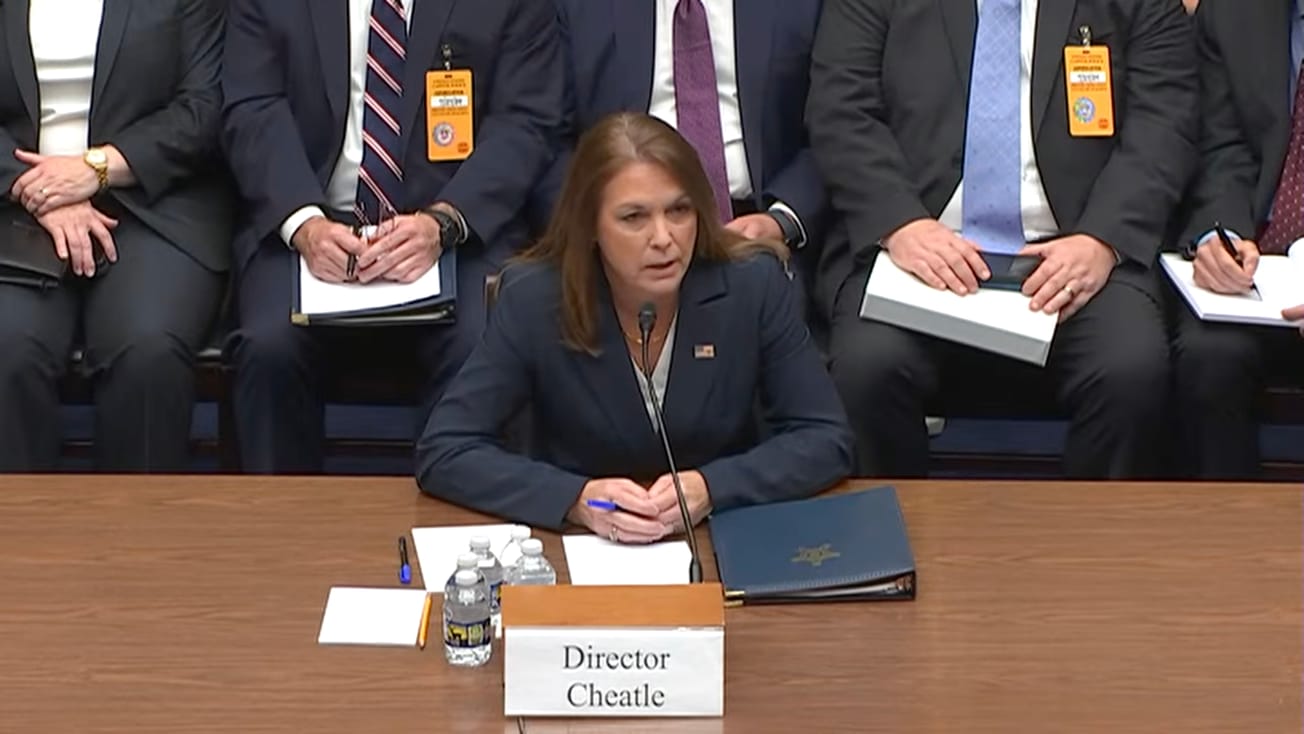March 19, 2024 (EIRNS)—To stay alive, the world may have to deal with a vicious strain of cynicism.
Yesterday, the UN’s latest update detailed the famine, starvation and deaths in Gaza. There is a seeming inability of the hearts and minds of Western audiences and leaders to process what happens to 2.3 million souls, when, starting in the second week of October, water, food, electricity, and medicine are shut down for weeks. Months of having 80-90% of the population driven from their homes and living in tent-camps, or in streets, was bound to result in massive infections and diseases.
The UN’s Food and Agriculture Organization (FAO) for the first time doesn’t warn of the onset of famine. It reports that northern Gaza is now in a famine; that over 70% of the 2.3 million Palestinians in Gaza face “catastrophic hunger; and that only an immediate ceasefire, enabling massive deliveries of food aid, stands in the way of imminent death.” They estimate that 450 people per day may die, not from bullets, but a slower, more agonizing death, from malnutrition, disease, and starvation.
Even the frequently obtuse Josep Borrell, foreign policy chief for the EU, managed to read the report correctly (at yesterday’s conference in Brussels on aid for Gaza), stating: “In Gaza we are no longer on the brink of famine. We are in a state of famine.”
As if it were a matter of rescuing starving people in a concentration camp, one rushes in with all the military force, the food and medicine, the medical personnel, etc., required for the job. The standard was articulated by Jeremy Laurence, aide to the UN High Commissioner for Human Rights Volker Türk: “Israel, as the occupying power, has the obligation to ensure the provision of food and medical care to the population commensurate with their needs and to facilitate the work of humanitarian organizations to deliver that assistance.”
As South Africa’s Foreign Minister Grace Naledi Pandor explained today to Washington, D.C.: “Provisional measures have been ignored by Israel, we’re seeing mass starvation now, and famine before our very eyes…. I think as humanity [we] need to look at ourselves in horror….” South Africa refused to blink. Curiously, they had the good fortune of having suffered from the tremendous injustice of apartheid and, evidently, of having formed their identity around something necessary for a world with such persistent horrors. There was a steely humanity about Pandor’s refusal to flinch, in the face of ugliness, or even evil.
Finally, in a related development, UN Secretary António Guterres read the Riot Act to the nuclear weapons powers of the world yesterday at the UN Security Council’s open debate on nuclear disarmament: “Today, we meet at a time when geopolitical tensions and mistrust have escalated the risk of nuclear warfare to its highest point in decades. The Doomsday Clock is ticking loudly enough for all to hear. From academics and civil society groups, calling for an end to the nuclear madness.” Humanity is calling for a step back from the brink. “And what is the response? States possessing nuclear weapons are absent from the table of dialogue. Investments in the tools of war are outstripping investments in the tools of peace. Arms budgets are growing, while diplomacy and development budgets are shrinking.”
The dialogue must turn to valuing and developing populations for their skills, their talents, their genius. A cynical, dog-eat-dog mentality, where to get ahead requires pushing someone else down, has led us to a horrid specter of famine, death and thermonuclear extermination.
Pandor today was horrified at some of the behavior in the United States Congress, but rather than condemn the United States and other nuclear weapons powers, she posed: “How do the powerful contribute to the greater good?... But, I do believe that when you have the wherewithal of influence, of resources, if you can, use that to build greater good….”
The dialogue for “diplomacy and development budgets,” actually for the flowering of the deserts of Israel and Gaza, of North Africa, of Saudi Arabia, etc., is being built day by day around the upcoming April 13 Schiller Institute conference, on “The Oasis Plan: The LaRouche Solution for Peace Through Development Between Israel and Palestine and for All of Southwest Asia.” It requires optimism.
Every day, every hour that the horror show in Gaza (Haiti, Sudan, etc.) plays on, cynicism eats away at the image of humans made in the living image of their Creator. Finding actions to end the horror show builds optimism, the sort of steely optimism displayed by Naledi Pandor today. And it helps to see the glass half full, if there’s fresh, clean water.









